Publications
Articles, publications, books, tools and multimedia features from the U.S. Institute of Peace provide the latest news, analysis, research findings, practitioner guides and reports, all related to the conflict zones and issues that are at the center of the Institute’s work to prevent and reduce violent conflict.
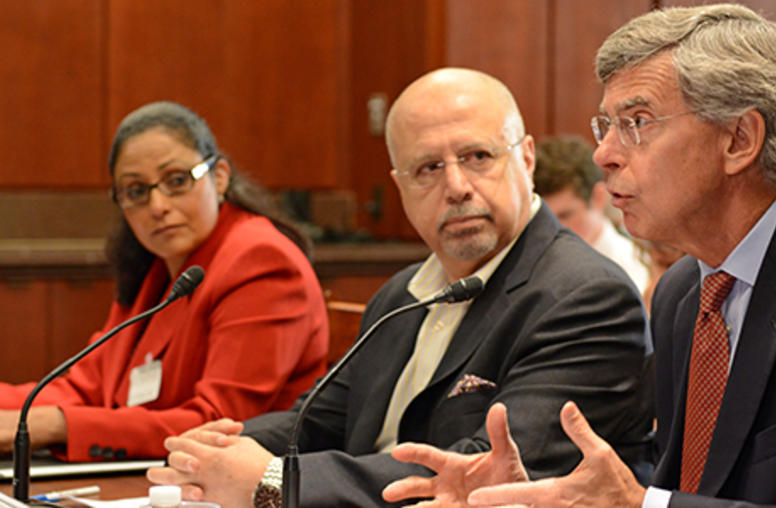
Egypt, Tunisia’s Opposite Paths Require Divergent Response, USIP’s Taylor Says
Egypt and Tunisia represent opposite ends of the spectrum in the evolution of their politics since the Arab Spring, U.S. Institute of Peace Vice President and former Ambassador Bill Taylor told a government panel this week. “Tunisia has demonstrated remarkable maturity and commitment to the ideal of political inclusiveness,” Taylor said. “Egypt has not.”
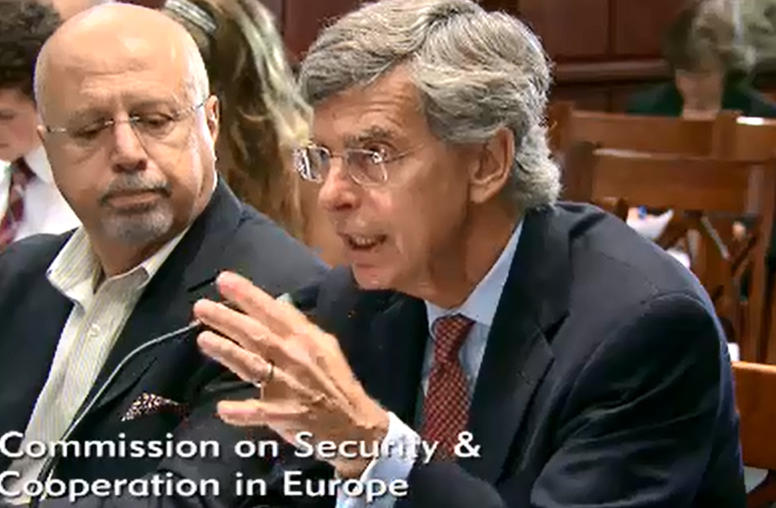
Political Pluralism in the OSCE Mediterranean Partners
William B. Taylor, vice president for Middle East and Africa, testifies before the United States Helsinki Commission on OSCE Mediterranean Partners.
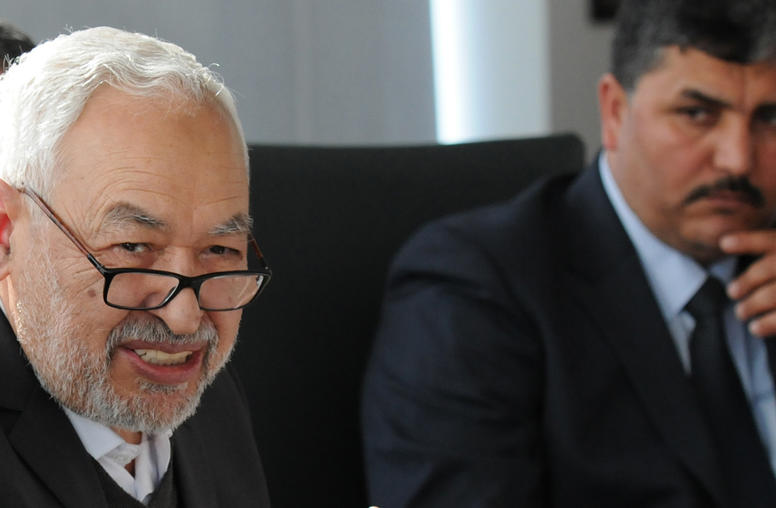
Tunisia’s Ghannouchi Points to Country’s Democratic Advances, New Constitution
Tunisia’s dominant Islamist movement, which voluntarily ceded political power to a caretaker government last month, is intent on demonstrating “co-existence” between Islamists and secularists and “the compatibility of Islam” with democracy, human rights and consensus politics, the movement’s leader said at an informal meeting with specialists at the U.S. Institute of Peace (USIP) on February 24.
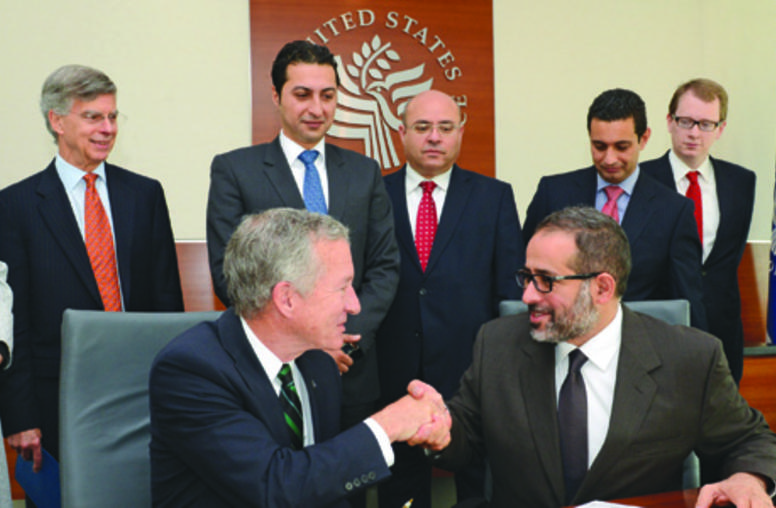
Libya Institute Accord Advances On-the-Ground Work for Transition
The U.S. Institute of Peace entered an agreement today with the Libya Institute for Advanced Studies (LIAS) to consolidate and formalize USIP’s work on the ground in helping strengthen Libya’s governing institutions and civil society.
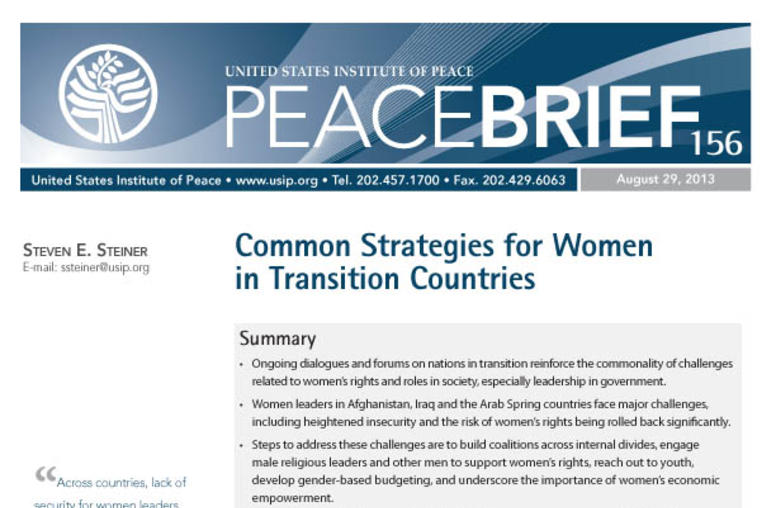
Common Strategies for Women in Transition Countries
An expert dialogue on women in transition countries brought together 14 women leaders from Afghanistan, Iraq, Libya, and Tunisia to work together and identify issues specific to each country and determine common problems. USIP’s Steven Steiner summarizes their recommendations on how to overcome the challenges.
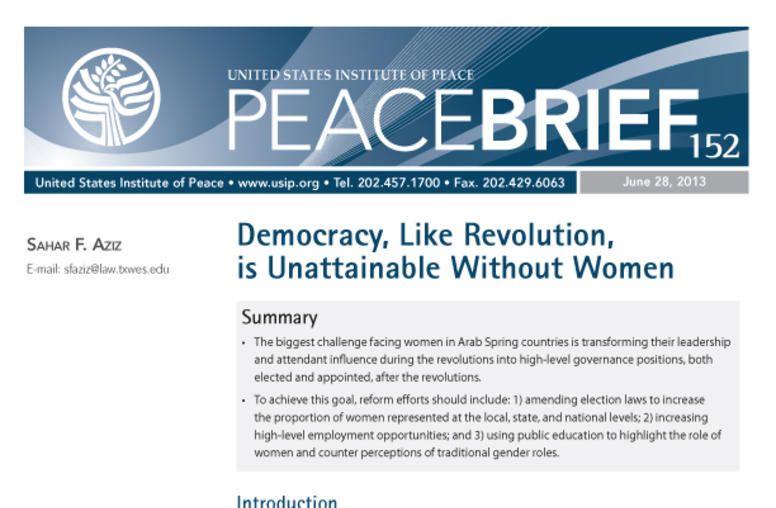
Democracy, Like Revolution, is Unattainable Without Women
In this peace brief, author Sahar F. Aziz argues that the biggest challenge for women in Arab Spring countries is transforming their leadership and influence into high-level governance positions, both elected and appointed.
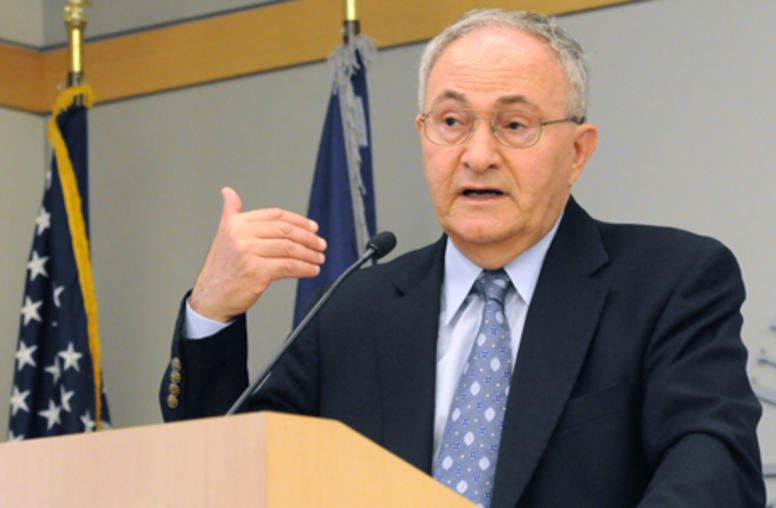
USIP-Wilson Center Series on Arab Spring Impacts Concludes
In the last of a five-part series of papers and meetings on “Reshaping the Strategic Culture of the Middle East,” regional specialist Adeed Dawisha told an audience at the U.S. Institute of Peace (USIP) on June 12 that, contrary to some expectations, no clear political or ideological breach has opened up between the revolutionary states of the Arab Spring and the region’s status quo powers.
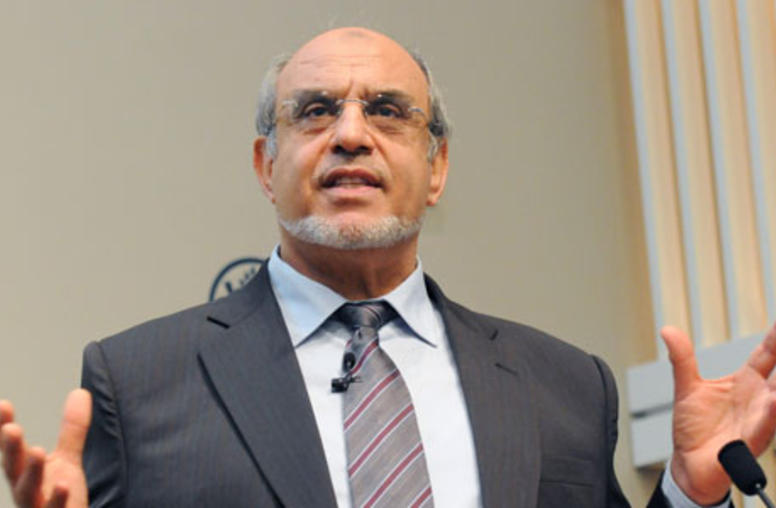
Former PM Jebali Says Tunisians Need ‘Safety and Development’
Tunisia, the country in which the Arab Awakening began, needs to focus on the economy and public safety while reducing ideological polarization, former Prime Minister Hamadi Jebali said at USIP.
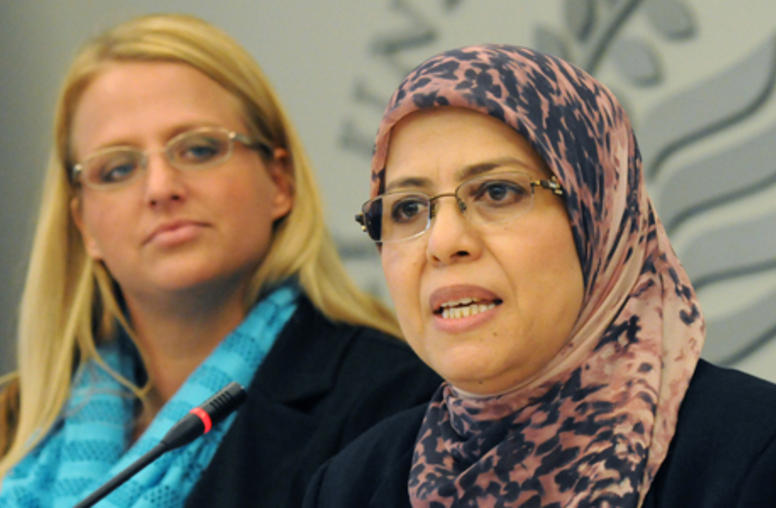
Tunisian Debate Over Islam, Rights in Constitution Illustrated at USIP Event
A deputy in Tunisia’s National Constituent Assembly takes on criticisms from Human Rights Watch as the country considers a third draft of its constitution.
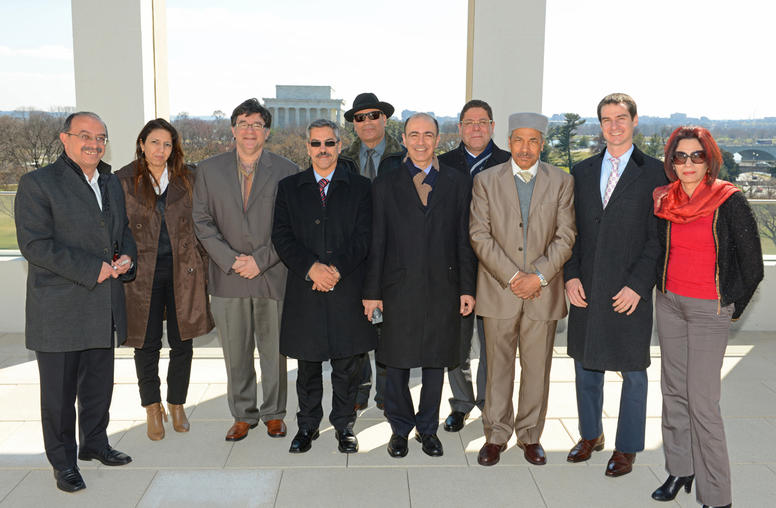
Tunisian Academic Leaders Cite Worrying Delays in Economic, Political Progress
Tunisian officials are running out of time to address the country’s biggest political and economic challenges since the 2011 revolution and restore the quickly-eroding trust of its citizens, several academic leaders said during a visit to Washington organized by the U.S. Institute of Peace, a Georgetown University program and the Project on Middle East Democracy.